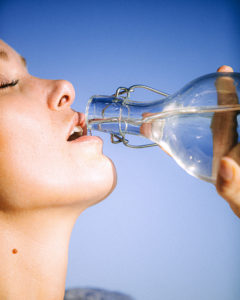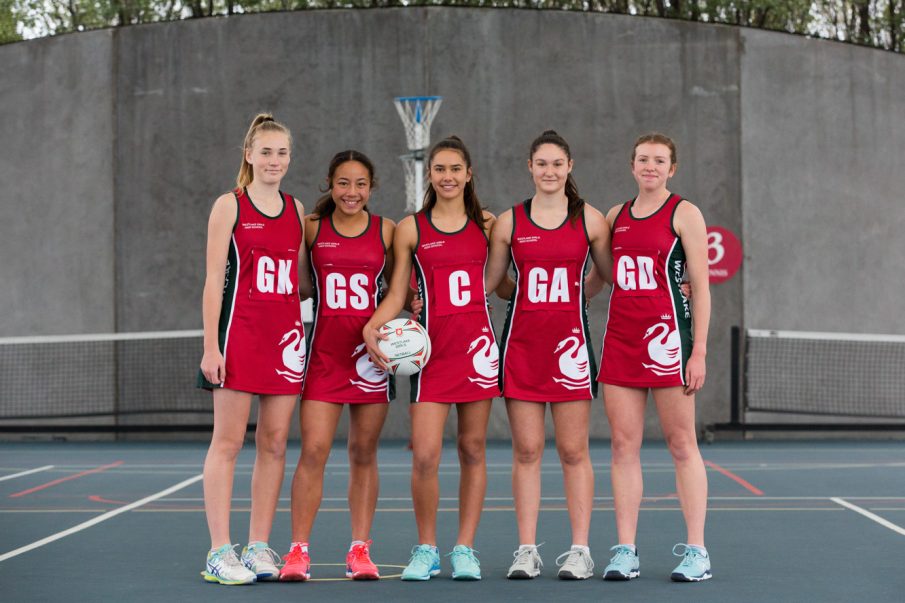By Elizabeth Beaumont
TIC Food Technology
Food is a fantastic fuel for sport, it provides the energy to perform exercise for the duration of a game and the nutrients for repair and growth of muscle, transportation of oxygen and numerous other body processes.
Choosing the right foods can make a difference in performance as well as contribute to developing great habits around food for long term health.
 Exercise causes the body temperature to rise and water is lost through sweating. Water is essential in regulating body temperature, preventing overheating and can help to prevent cramps, heat exhaustion and heat stroke. Water is the best way to hydrate and there is no need for sports drinks unless participating in long durations of exercise training or multiple games. Water is easy to access at most events and is extremely cheap with no negative impact on the individual.
Exercise causes the body temperature to rise and water is lost through sweating. Water is essential in regulating body temperature, preventing overheating and can help to prevent cramps, heat exhaustion and heat stroke. Water is the best way to hydrate and there is no need for sports drinks unless participating in long durations of exercise training or multiple games. Water is easy to access at most events and is extremely cheap with no negative impact on the individual.
Food consumed 2-3 hours before competition and the night before, should contain a range of nutrients. Carbohydrates provide sustained energy, but they require a range of other complimentary nutrients to fully utilise the energy. Consume sufficient energy to have good glycogen stores in the muscles, ready for release as required (you can store about 90 mins of glycogen) so for most athletes participating in school games they should have sufficient stores. If you do not feel hungry before a game try a drink of orange juice or some fruit, plan your eating times to fit around games to avoid running out of energy.
During games and physical activity, consuming large amounts of food for fuel is simply not an option. Muscles are competing with the digestive system and unless the food is easily digested can lead to cramps. During the game at half time or when subbed off, opt for simple carbohydrate foods such as banana, orange wedges and soft glucose sweets. Sports drinks are not recommended for games of less than 1 hour or if the exercise is not prolonged, water is the best option.
Eating post game is an opportunity to consume carbohydrate rich foods to replace lost glycogen stores as well as provide energy for normal growth and repair. Food choices should be nutritious, low fat, low sugar, low salt and remember to consume plenty of fluids. Consuming very fatty foods such as pizza and hot chips will provide energy but at the expense of other valuable nutrients.
Below are a list of organisations which provide specific nutrition advice to their sporting code:


